Ralph Fiennes
Ralph Fiennes

Ralph Fiennes, born on December 22, 1962, is an acclaimed English actor, film producer, and director. Known for his remarkable performances on stage and screen, Fiennes is widely recognized as one of Britain's most esteemed actors. He has received numerous awards and nominations throughout his career, including a BAFTA Award, a Tony Award, and nominations for two Academy Awards and an Emmy Award.
Fiennes made his cinematic debut portraying Heathcliff in the 1992 film adaptation of Emily Brontë's "Wuthering Heights." However, it was his compelling portrayal of Nazi war criminal Amon Göth in Steven Spielberg's "Schindler's List" (1993) that brought him widespread acclaim. His performance earned him nominations for an Academy Award and a Golden Globe for Best Supporting Actor, and he won the BAFTA Award for Best Actor in a Supporting Role. Fiennes received further critical acclaim for his role as Count Almásy in "The English Patient" (1996), earning him a second Academy Award nomination for Best Actor, along with BAFTA and Golden Globe nominations.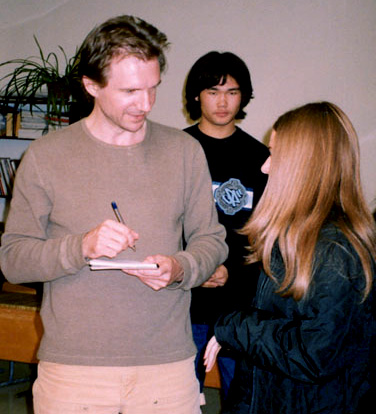
Throughout his career, Fiennes has appeared in a diverse range of notable films, including "Quiz Show" (1994), "The End of the Affair" (1999), "The Constant Gardener" (2005), "The Grand Budapest Hotel" (2014), and "The King's Man" (2021), among others. He has also lent his voice to animated films such as "The Prince of Egypt" (1998) and "Kubo and the Two Strings" (2016). Fiennes is perhaps best known for his portrayal of the main antagonist, Lord Voldemort, in the "Harry Potter" film series (2005–2011), as well as his role as Gareth Mallory / M in the James Bond films "Skyfall" (2012), "Spectre" (2015), and "No Time to Die" (2021).
In addition to his acting career, Fiennes has ventured into directing. He made his directorial debut with the film adaptation of Shakespeare's "Coriolanus" in 2011, in which he also starred as the titular character. He followed this with "The Invisible Woman" (2013), where he portrayed Charles Dickens.
Outside of his artistic pursuits, Fiennes has been a dedicated ambassador for UNICEF UK since 1999 and has received the Stanislavsky Award in 2019 for his contributions to the film industry. He continues to be actively involved in both acting and filmmaking, showcasing his versatility and talent across various platforms.
Ralph Fiennes was born on December 22, 1962, in Ipswich, England, to Mark Fiennes, a farmer and photographer, and Jennifer Lash, a writer. He is the eldest of six children, including actor Joseph Fiennes, director Martha Fiennes, composer Magnus Fiennes, filmmaker Sophie Fiennes, and conservationist Jacob Fiennes. Additionally, his foster brother, Michael Emery, is an archaeologist. Fiennes comes from a distinguished lineage, being the grandson of Maurice Fiennes and the great-grandson of Alberic Arthur Twisleton-Wykeham-Fiennes, with roots tracing back to the 16th Baron Saye and Sele. The Fiennes family relocated to Ireland in 1973, where Fiennes attended various schools before completing his education at Bishop Wordsworth's School in Salisbury, England. Initially interested in painting, Fiennes later discovered his passion for acting and pursued it further after attending Chelsea College of Arts.
Ralph Fiennes underwent training at the prestigious Royal Academy of Dramatic Art from 1983 to 1985. He embarked on his acting career with performances at venues like the Open Air Theatre, Regent's Park, and the National Theatre. However, it was his work with the Royal Shakespeare Company (RSC) that brought him significant recognition. Fiennes made his screen debut in 1990, portraying T. E. Lawrence in the British television film "A Dangerous Man: Lawrence After Arabia." Subsequently, in 1992, he made his film debut as Heathcliff in "Emily Brontë's Wuthering Heights," starring alongside Juliette Binoche.
In 1993, Ralph Fiennes experienced what is often referred to as his "breakout year." He landed a significant role in Peter Greenaway's controversial film "The Baby of Mâcon" alongside Julia Ormond, although the film received poor reception. However, it was his portrayal of the brutal Nazi concentration camp commandant Amon Göth in Steven Spielberg's "Schindler's List" that brought him international recognition. For his performance in the film, Fiennes earned a nomination for the Academy Award for Best Supporting Actor and won the BAFTA Award for Best Supporting Actor. His depiction of Göth also earned him a spot at number 15 on the AFI's list of the top 50 film villains. Fiennes underwent a physical transformation to portray Göth, gaining weight for the role.
Reflecting on the experience, Fiennes described the disturbing effect the role had on him and emphasized the banality of evil portrayed in the character. Despite the horror of Göth's actions, Fiennes aimed to humanize the character, highlighting the everydayness of his actions and the incremental compromises that led to his atrocities.
In 1994, Fiennes portrayed the American academic Charles Van Doren in "Quiz Show." He then received a nomination for the Academy Award for Best Actor for his role in the epic World War II romantic drama "The English Patient" (1996), where he starred alongside Kristin Scott-Thomas.
Throughout his career, Fiennes has showcased his versatility in various genres, including thrillers, animated films, romantic comedies, and historical dramas. In 1999, he took on the title role in "Onegin," a film he also helped produce, directed by his sister Martha Fiennes, with his brother Magnus composing the score. Additionally, Fiennes delivered a notable performance as Francis Dolarhyde in the 2002 film "Red Dragon," a prequel to "The Silence of the Lambs" and "Hannibal." His portrayal of the sympathetic serial killer garnered praise from critics.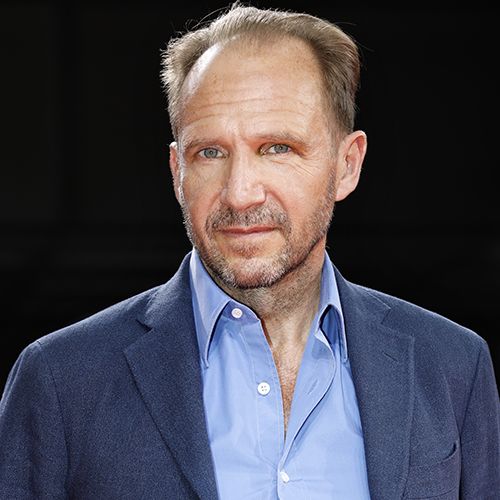
In 2005, Ralph Fiennes starred in Fernando Meirelles's "The Constant Gardener" alongside Rachel Weisz. Set in Kenya and partially filmed with the residents of the slums of Kibera and Loiyangalani, the film received critical acclaim, particularly for Fiennes and Weisz's performances. Fiennes earned a British Academy Film Award nomination for Best Actor in a Leading Role for his portrayal. The impact of the film on the cast and crew led to the establishment of the Constant Gardener Trust, dedicated to providing basic education for children in these villages, with Fiennes serving as a patron of the charity. Additionally, Fiennes supports the Shakespeare Schools Festival, a charity that enables school children across the UK to perform Shakespeare in professional theaters.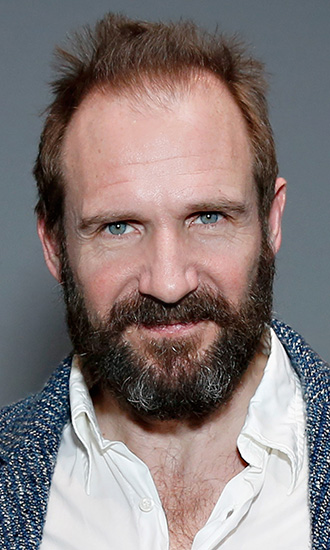
That same year, Fiennes voiced the character Lord Victor Quartermaine in the stop-motion animated comedy "Wallace & Gromit: The Curse of the Were-Rabbit." His role as the cruel upper-class character who despises Wallace and Gromit garnered attention.
Fiennes gained worldwide recognition for his portrayal of Lord Voldemort, the antagonist in the Harry Potter franchise. He first appeared in the 2005 fantasy film "Harry Potter and the Goblet of Fire" and reprised the role in subsequent films, including "Harry Potter and the Order of the Phoenix" (2007) and both parts of "Harry Potter and the Deathly Hallows" (2010, 2011). Fiennes described his portrayal of Voldemort as an "instinctive, visceral, physical thing."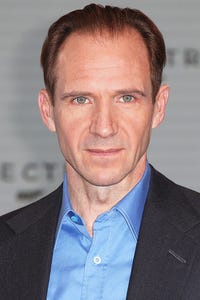
In 2006, Fiennes returned to the stage in "Faith Healer" alongside Ian McDiarmid, earning a Tony Award nomination for Best Actor in a Play for his performance. He also played the title role in Sophocles's "Oedipus the King" at the National Theatre in London, directed by Jonathan Kent.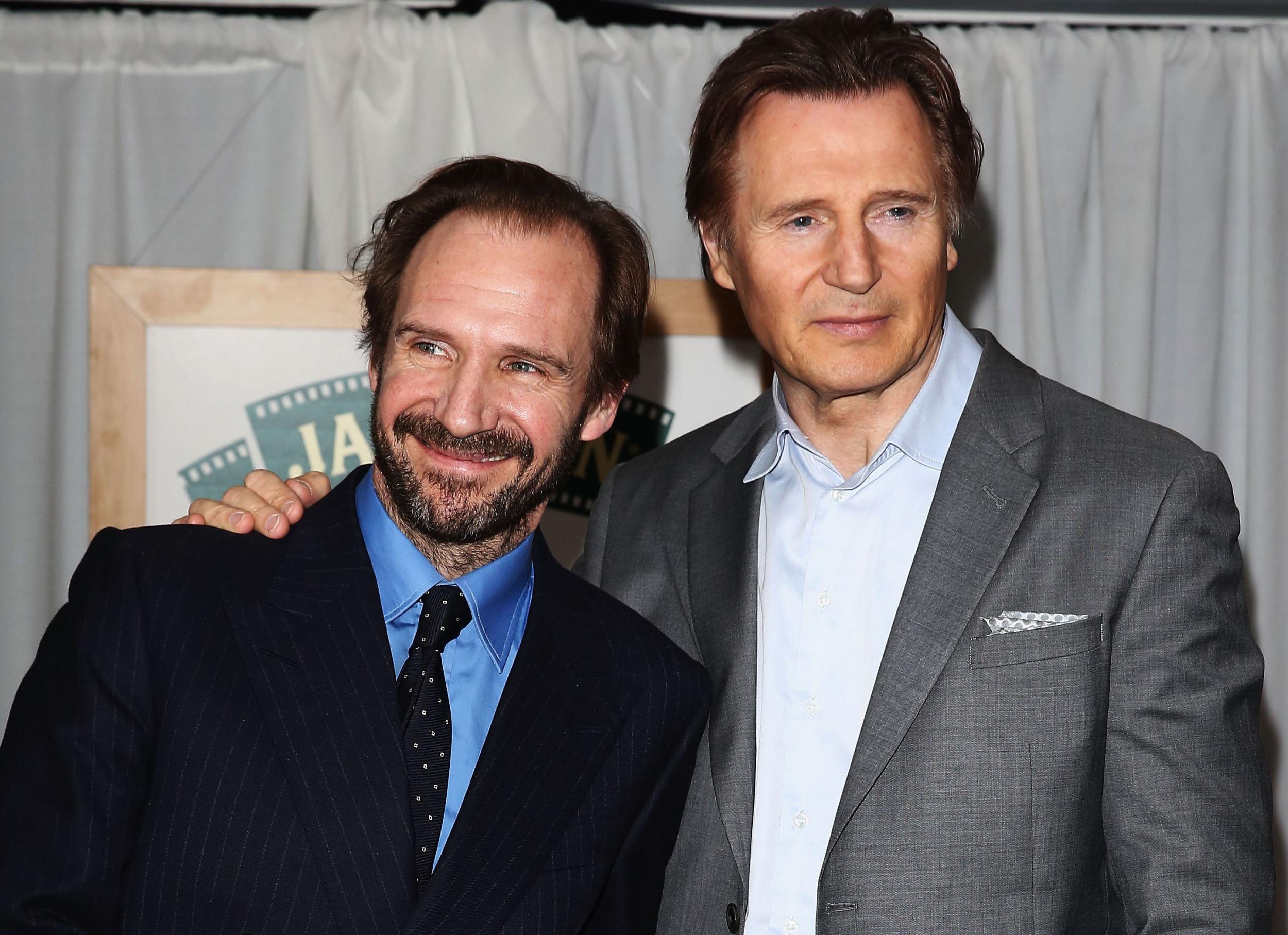
Continuing his film career, Fiennes appeared in "The Duchess" (2008) as the Duke of Devonshire opposite Keira Knightley, and in "The Reader" (2008) alongside Kate Winslet. He also starred in Martin McDonagh's "In Bruges" (2008) alongside Colin Farrell and Brendan Gleeson. Additionally, Fiennes made his directorial debut with his version of Shakespeare's "Coriolanus" (2011), which was filmed in Belgrade, Serbia. He reunited with Kathryn Bigelow for her Iraq War film "The Hurt Locker" (2009), playing an English Private Military Contractor.
References
- "Ralph Fiennes". Front Row. 20 November 2011. BBC Radio 4. Retrieved 18 January 2014.
- a b Cagle, Jess (4 March 1994). "It's Pronounced 'Rafe Fines'". Entertainment Weekly. Retrieved 7 November 2012.
- ^ "Coriolanus, review". The Telegraph. 21 January 2012. Archived from the original on 10 January 2022. Retrieved 4 February 2021.
- ^ "Richard Linklater, Ralph Fiennes, Kate Kinninmont Become Honorary Associates At Lfs Annual Show". London Film School. Retrieved 15 March 2019.
- ^ "Screening of Ralph Fiennes' film The White Crow at Moscow International Film Festival". Getty Images. Archived from the original on 6 April 2020. Retrieved 25 June 2019.
- ^ "Ralph Fiennes". British Film Institute. Archived from the original on 30 March 2016. Retrieved 4 December 2022.
- ^ "It's Raiph actually". The Guardian. Retrieved 10 April 2008



















